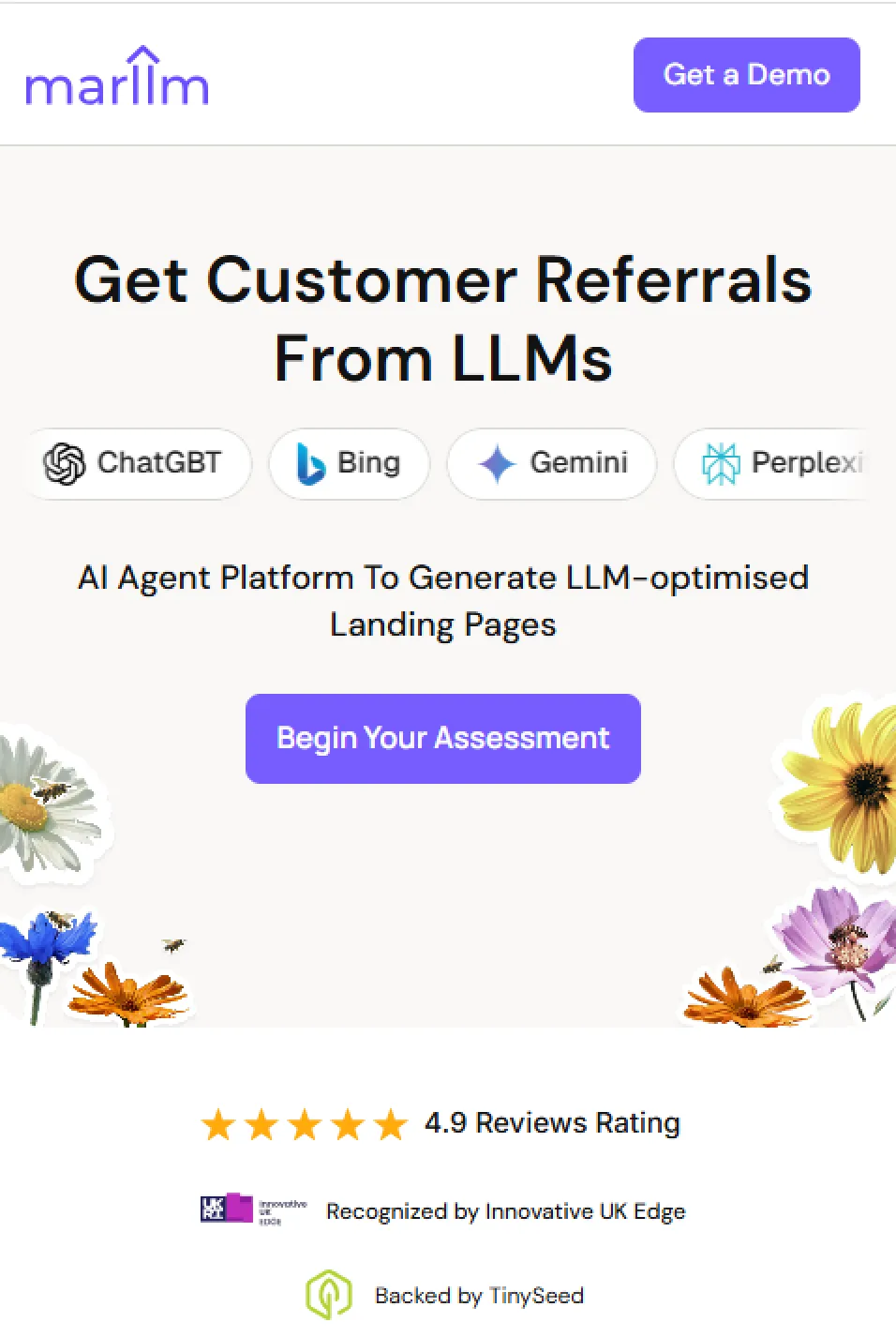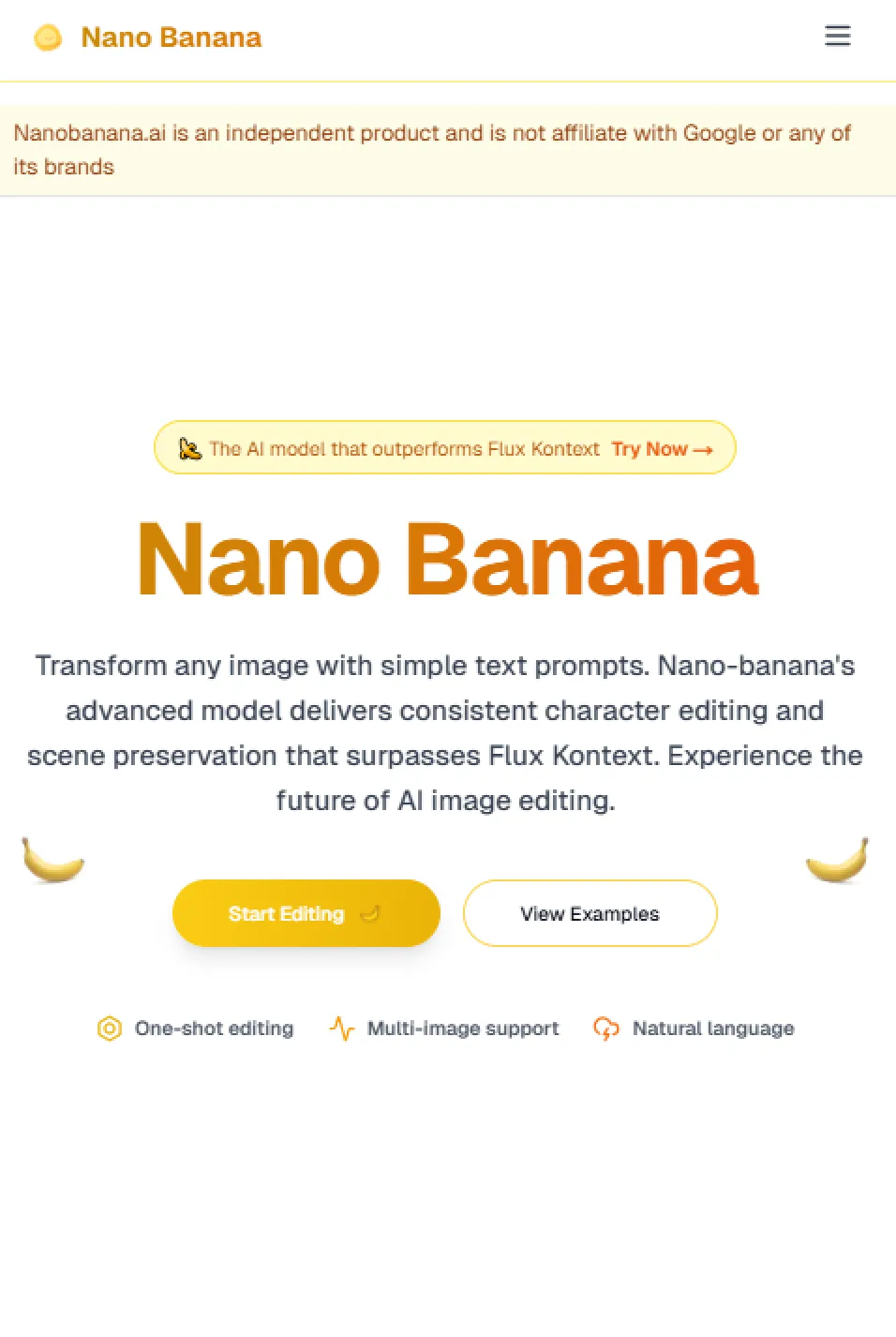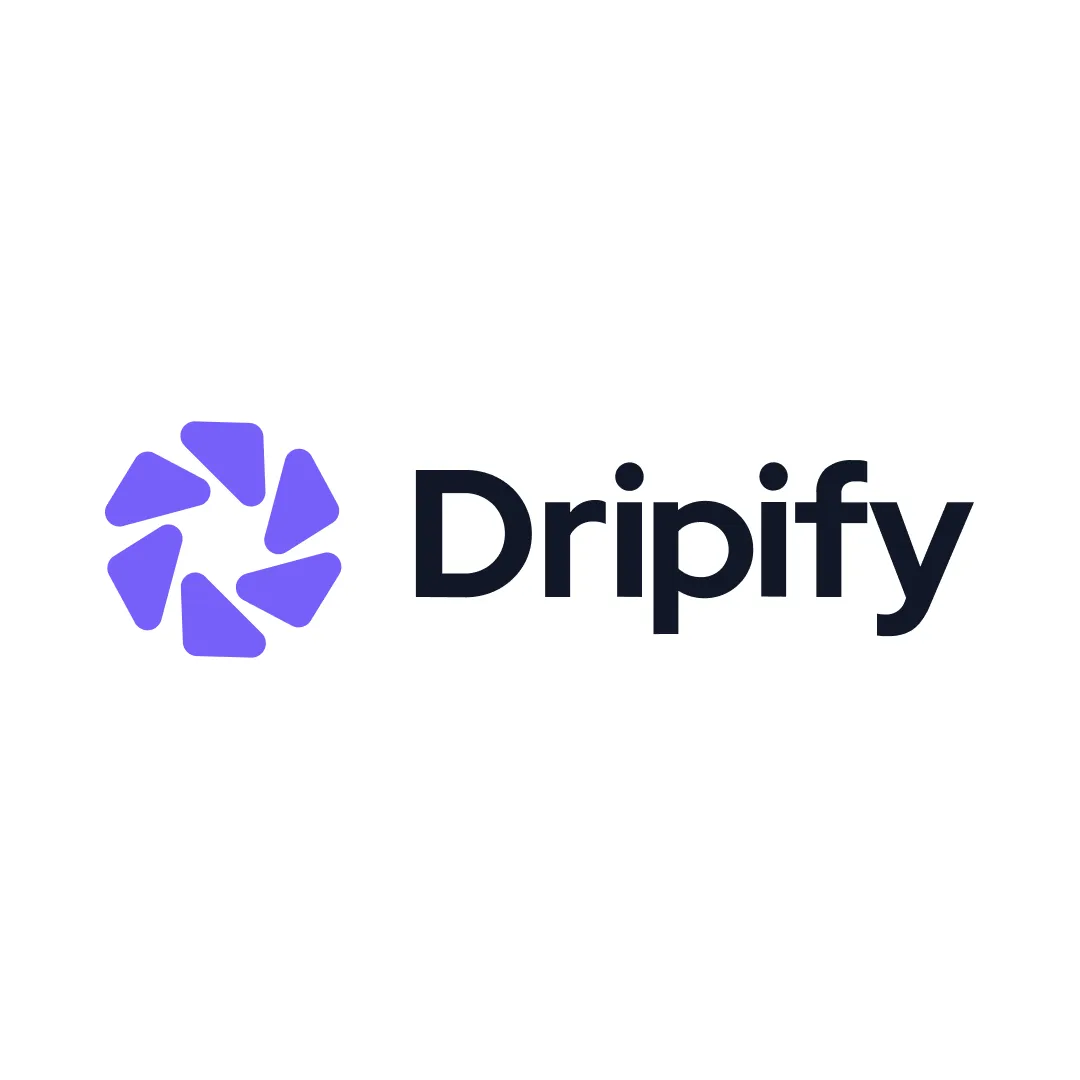Understanding the Organic Advantage
In a world dominated by paid marketing strategies, the voice of experience rings true: organic social media still holds significant value. Cecily Kellogg, a seasoned B2B social media specialist, emphasizes that cultivating an authentic online presence is crucial for long-term success in brand building. Through her extensive work with small businesses, she has witnessed organic growth metrics soar as high as 800%, showcasing the potential of harnessing social media authentically.
From Blogging to Professional Insights
Cecily's journey began in the blogosphere during the late 2000s, a landscape that fostered genuine conversations and viral content. Her grass-roots experience became instrumental as she transitioned into professional social media marketing.
"My focus lies in B2B social media, organic campaigns, and building thought leadership," says Kellogg. This strategy is not just about immediate results; it’s about developing a brand narrative capable of driving organic social media growth and ultimately elevating the brand's presence online.
Adopting an Organic-First Strategy
Rather than jumping headfirst into paid ads, Cecily advocates for a well-structured, phased approach to organic growth:
-
Organic Foundation (3-6 Months)
This stage prioritizes creating engaging content that resonates with the target audience. It’s about laying the groundwork for credibility and collecting data on what resonates, setting the foundation for effective future strategies. -
Data Analysis and Paid Integration
Once successful organic content is established, businesses can strategically integrate paid advertisements informed by performance data. This synergistic approach enhances visibility, displaying the value of combining organic efforts with targeted ads, mitigating the limitations imposed by social media algorithms.
Navigating Client Expectations
One of the largest hurdles Cecily encounters is managing client expectations. Organic social media is often incorrectly perceived as a direct sales channel. "Clients think they’ll see immediate returns, similar to what ads can provide," she explains. This misunderstanding can lead to frustration, as organic content excels in building trust, establishing authority, and enhancing community engagement — crucial elements often overlooked in traditional ad models.
A Shift in the Social Media Landscape
The decline of organic reach, especially following algorithm changes around 2015-2018, altered many businesses' approaches to social media. With platforms like Facebook limiting organic visibility, companies shifted to a pay-to-play model. Yet, Kellogg argues that this needn’t undermine the power of organic content.
The Persistence of Storytelling
Despite the rise of high-polish content and performance analytics, true storytelling has taken a back seat in many marketing strategies. "It’s essential to balance professionalism with authenticity," she advises, especially given that consumers increasingly favor brands that resonate on a personal level.
Building Long-Term Relationships
Understanding that organic social media isn't just about direct sales but about developing relationships over time is vital. Companies should focus on:
- Building Trust: Organic interactions often foster greater consumer trust compared to paid ads.
- Measuring Engagement: Quality interactions from organic posts can yield better results than sponsored content.
- Foundation Strengthening: A strong organic presence lays the groundwork for all marketing efforts, enhancing the effectiveness of future paid campaigns.
Capitalizing on Small Business Advantages
Small businesses bring unique advantages to the table in organic social media, including the ability to pivot quickly based on audience feedback and to share compelling stories of growth and struggle that resonate with target audiences. These personal narratives are invaluable in creating strong connections.
The Future Outlook for Organic Social Media
As social media continues to evolve, the core principles of effective organic marketing—authenticity, consistency, and value creation—remain relevant. In a landscape where audiences seek real connections and are increasingly wary of commercial content, organic social media stands as a powerful tool for sustainable growth.
For those willing to invest time into nurturing authentic relationships with their audience through organic social media, the rewards can be significant. As the digital marketing landscape shifts, the value of organic growth remains steadfast, presenting an opportunity for businesses to leverage both traditional storytelling and modern technological advancements in their marketing strategies.
























/27.png)




+(1).png)

